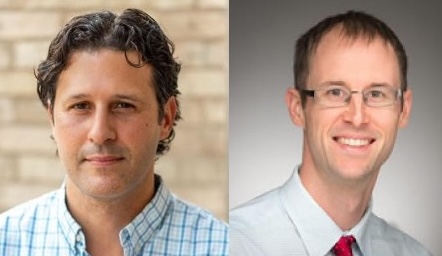 About the Episode:
About the Episode:
Show Notes:
The conversation then turns to the global relevance of Romero’s witness, highlighted by the recent international Romero Days 2025 conference. Todd explains that Romero’s appeal lies in how he both affirms and challenges people's faith commitments, urging a broader, more integrated vision of the gospel. David adds that Romero embodies a rare authenticity that speaks not only to believers but also to those outside the Church. They connect Romero’s legacy to the mission of LANAC, an outreach that promotes mutual exchange between the Latin American and North American churches.
Romero challenges the US Church to adopt a more incarnational and justice-oriented approach to human dignity and development, deeply influenced by the Latin American concept of the “preferential option for the poor.” Romero's theology is noted for its authenticity and proximity to suffering communities, showing how faith becomes transformative when it emerges from and speaks to the realities of poverty and marginalization. His legacy reflects charity from above and empowerment from within – supporting the poor in organizing and defining their own paths toward justice and flourishing.
While Latin America offers a prophetic witness like Romero’s, the US Church can contribute in areas such as lay theological education, especially empowering laypeople to study theology. The conversation then moves to the academic responsibility of remembering Romero accurately. As he becomes more widely celebrated, there's a risk of softening or distorting his radical legacy. Scholars are called to preserve his true message and adapt it meaningfully to today's world. The future of Romero studies, they argue, lies not just in academic analysis but in a lived theology – one that listens both to the Gospel and the voices of the people, capturing faith as it's expressed through community, art, action, and the daily struggle for justice.
Links:
- Learn more about David Lantigua and Todd Walatka.
- Learn more about the Kellogg Institute.
Listen:
Listen below, ask your smart device to “play Global Stage Podcast,” or find us on:
Apple | Spotify | Stitcher | iHeartRadio | TuneIn | YouTube





